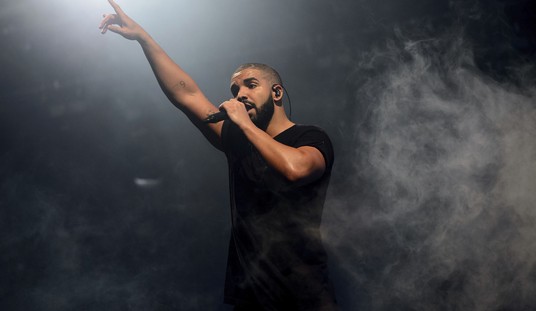I missed this when it was published Thursday. The Washington Post’s Philip Bump did a fact-check of sorts on a claim made by President Trump:
“You hear about certain places like Chicago and you hear about what’s going on in Detroit and other — other cities, all Democrat run,” he said. “Every one of them is Democrat run. Twenty out of 20. The 20 worst, the 20 most dangerous are Democrat run.”
It’s not clear how Trump is defining “most dangerous” in this context. So let’s look at two related sets of data compiled by the FBI: most violent crime and most violent crime per capita.
Having admitted that he doesn’t actually know what Trump means, Bump then produces this graph of violent crime:

As you can see, the top 20 cities with the most crime (raw numbers) includes one city run by a Republican mayor (Jacksonville, FL). That list also includes two independent mayors. The bottom graph is a list of the highest crime rates per 10,000 residents. On this list there are no Republicans but there is one independent. So if either of these are what Trump had in mind by “most dangerous” then Trump’s statement isn’t strictly true since not all of the mayors are Democrats.
And yet, it seems that Trump still has a point since the overwhelming majority of the most violent cities are run by Democrats. And that’s when Bump’s piece takes a strange turn [emphasis added].
Trump would no doubt shrug at that detail, decrying as “fake news” the revelation that his assertion was only slightly wrong. And, in fairness, it actually doesn’t matter that four of the 32 cities listed above have non-Democratic mayors — because it doesn’t really matter that the other mayors are Democrats.
Wait, what? Why doesn’t it matter?
Cities generally have more crime than suburban and rural areas. That’s been true for decades if not centuries and is true across the planet. The connection has been the focus of repeated research. In other words, if it were the case that cities were also more prone to elect members of one party over another, it might seem as though the most crime-riddled places in America were a function of leadership from that party.
I’ll grant that crime is higher in cities and also that cities are more likely to vote for Democrats. But I think it’s a stretch from there to say “it doesn’t really matter” who cities select to run things. In fact, that seems pretty counter-intuitive.
Usually, we elect mayors to do the job of running things and one of the most important parts of their job is public safety. Especially in cities with higher crime rates, crime reduction is often a major point of discussion during election season. For instance, Memphis, Tennessee is at the top of the per capita crime list. Guess what became an issue during the last mayoral election.
At a rally Saturday morning, former Mayor Willie Herenton criticized current Mayor Jim Strickland for the city’s high crime rate.
“We are going to bring to the attention of people that this mayor said that he was going to reduce crime and today when I read the headlines, we are the third highest crime rate per capita in the nation,” said Herenton. “Mayor Strickland understands that he made promises to the Memphis community that he did not keep.”
Herenton’s comments came just days after Strickland criticized his record on crime.
“When (Herenton) resigned as mayor, he left the city with high crime, high poverty and low educational achievement. He failed,” Strickland said. “We’re trying to fix his failures right now.”
It seems like all of the mayoral candidates in Memphis think this matters and, presumably, that it matters to city voters. Why would the fact that the winner is almost always going to be a Democrat not matter? Don’t Democrats tend to have certain specific views about crime, policing, mass incarceration, etc.? Don’t Republicans have a reputation for being tougher on crime, more friendly to police and prosecutors, etc.? How can this not matter?
And this brings me to another point that Bump glosses over. Trump’s statement about crime comes in the midst of a national debate about defunding police. Guess which party is most amenable to this idea and which party is least amenable? Actually, it turns out neither party is quite ready to “defund the police” but it’s a close question on the Democratic side.
A large majority of Democratic voters, 82 percent, believe police departments need a complete overhaul or major reforms, compared with just 33 percent of Republicans. Among independents, 60 percent think departments need a complete overhaul or major reforms.
Voters are divided on whether police departments receive too much funding (25 percent), the right amount of funding (26 percent) or not enough funding (28 percent). Only 18 percent of Democratic voters think police departments don’t receive enough funding, while just 8 percent of Republicans say the police get too much funding.
As for the “Defund the Police” movement, it garners support from 48 percent of Democrats, 11 percent of Republicans and 26 percent of independents.
The point is, the fact that Democrats run cities means it’s far more likely some of these left-wing views on policing are going to be adopted in these places. Will it matter? Of course it will! You can argue that it might improve things (which is clearly what Democrats hope) but I don’t think you can argue it doesn’t matter.








Join the conversation as a VIP Member